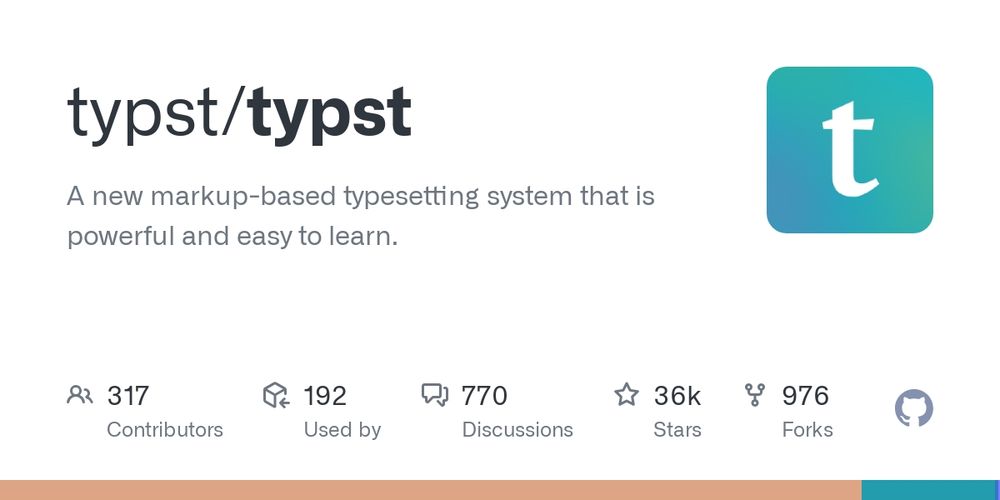
Hope you figure it out, insomnia is brutal. 🥲
Hope you figure it out, insomnia is brutal. 🥲
But isn't it really hard to get >50% then? What was it like with biden last time?
(And don't get me wrong, I'm definitely not looking forward to the coming 4 years.)
But isn't it really hard to get >50% then? What was it like with biden last time?
(And don't get me wrong, I'm definitely not looking forward to the coming 4 years.)
Here in Belgium we have that and there's a far-right party that get lots of votes because people view it as a "fuck you" vote to the current system (which admittedly does have a lot of flaws).
Here in Belgium we have that and there's a far-right party that get lots of votes because people view it as a "fuck you" vote to the current system (which admittedly does have a lot of flaws).
Can't find the picture but power usage of LLMs seems to go up exponentially the bigger the model gets. 😅
Can't find the picture but power usage of LLMs seems to go up exponentially the bigger the model gets. 😅
But I'm also wondering how far LLMs etc can be pushed to the limit. At some point, they need to rethink how these models work..
But I'm also wondering how far LLMs etc can be pushed to the limit. At some point, they need to rethink how these models work..
Maybe these journalists should also start doing that 😅
Maybe these journalists should also start doing that 😅
(Technically, you do that too in your approach after every multiply. You just don't look at the intermediate results.)
(Technically, you do that too in your approach after every multiply. You just don't look at the intermediate results.)
First rule is the base case, 2nd rule computes all derived results starting from the results of the first.
First rule is the base case, 2nd rule computes all derived results starting from the results of the first.
Also nice use of rot13 to hide spoilers, i need to start doing that!
Also nice use of rot13 to hide spoilers, i need to start doing that!
And that results in very fast programs.
And that results in very fast programs.



